High reporting rate measurement for Smart[er] Grids
Modern control algorithms in the emerging power systems process information delivered mainly by distributed, synchronized measurement systems, and available in data streams with different reporting rates. Multiple measurement approaches are used: on one side, the existing time-aggregation of measurements are offered by currently deployed IEDs (SCADA framework), including smart meters and other emerging units; on the other side, the high-resolution waveform-based monitoring devices like phasor measurement units (PMUs) use high reporting rates (50 frames per second or higher) and can include fault-recorder functionality.
There are several applications where synchronized data received with a high reporting rate has to be used together with aggregated data from measurement equipment having a lower reporting rate (complying with power quality data aggregation standards) and the accompanying question is how adequate are the energy transfer models in such cases. For example, state estimators need both types of measurements: the so-called “classical” one, adapted for a de facto steady-state paradigm of relevant quantities, and the “modern” one, i.e. with fewer embedded assumptions on the variability of same quantities. Another example is given by emerging active distribution grids operation, which assumes higher variability of the energy transfer and consequently, a new model approximation for its characteristic quantities (voltages, currents) is needed. Such a model is required not only in order to be able to correctly design future measurement systems but also for better assessing the quality of existing “classical” measurements, still in use for power quality improvement, voltage control, frequency control, network parameters’ estimation, etc.
About the Speaker:
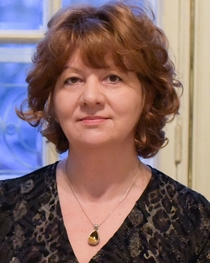
Mihaela Albu
Distinguished Lecturer of the IEEE Instrumentation & Measurement Society
Mihaela M. Albu (M’96, SM’07) is from Craiova, Romania. She graduated from “Politehnica” University of Bucharest (UPB) in 1987 and holds the Ph.D. degree (1998) from the same university. Since 2002 she is a Professor of Electrical Engineering at UPB. Teaching activity presently counts: Advanced Topics in Instrumentation and Measurement (Master); Smart Distribution Grids (Master); Signal Processing (Bachelor) at the Dept. of El. Engineering of UPB; and “Elektrische Meßtechnik”; “Sensoren” at the German Department of UPB.
Her research interests include wide area measurement systems as well as synchronized measurements and evaluation of the associated uncertainty considered in the state estimation algorithms; smart energy grids including optimal use of renewables and real time control; smart metering technologies; DC grids as an innovative solution for future intelligent grids, for which a demonstration platform was realized in a fully equipped laboratory fed from a DC bus at 230 V rated voltage and a proposal of power quality assessment in DC grids; power quality and signal processing for power quality assessment, nonlinear phenomena in power systems; distributed and computer-controlled measurement systems, IEEE and IEC standards in power, power system protection, virtual and Internet-based laboratories.
The Aleph, or how to build a storage system that grows up to the petabytes scale
Aleph is a software defined, distributed storage system, that supports the object storage paradigm. It is completely hardware-agnostic, which means that can be deployed on any available infrastructure, preventing vendor lockin problems. Starting from a few terabytes it can be scaled up to reach a petabyte of storage capacity. In this talk we will review its construction principles on which is based and will consider some of the application environments where it provides a cost effective and highly dependable solution.
About the Speaker:
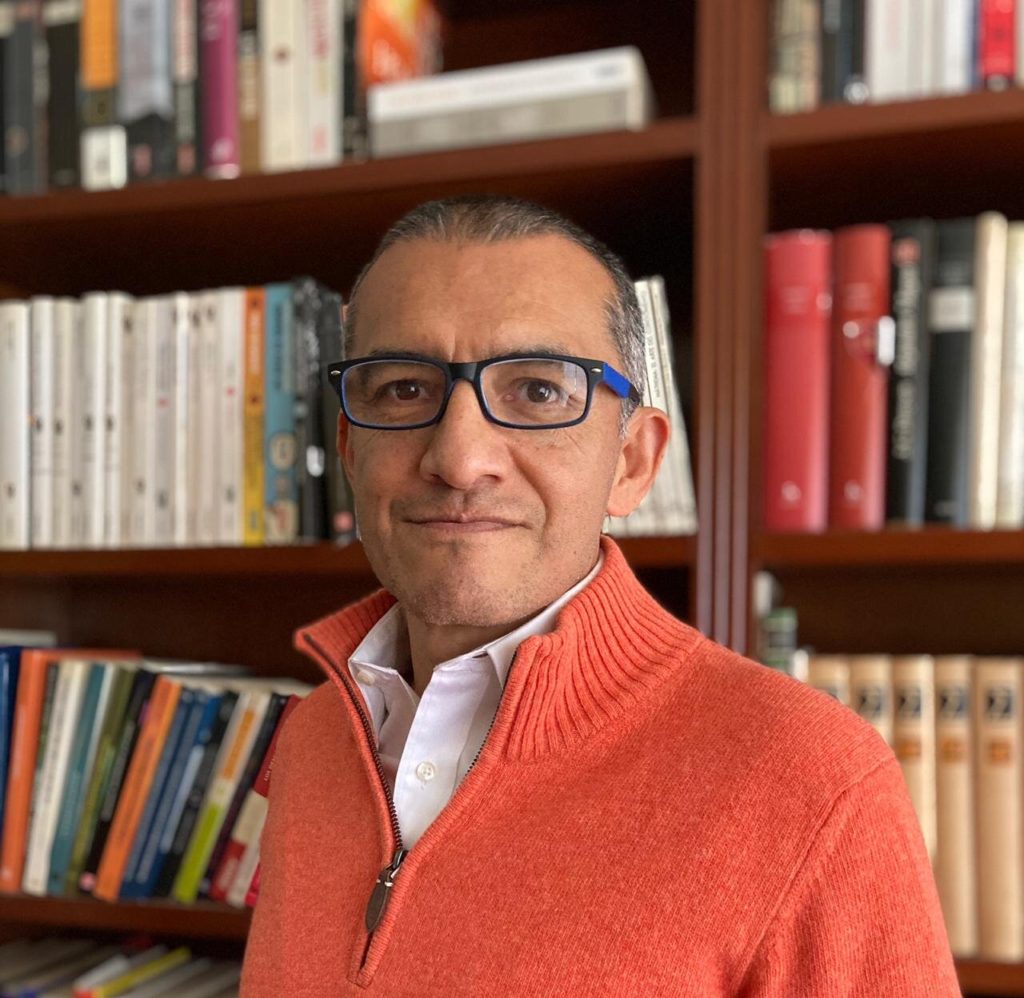
Ricardo Marcelín Jiménez
Distinguished Lecturer
R.Marcelín-Jiménez was born in Mexico City, in 1965. He received his B.Sc. In Electronics Engineering from the Metropolitan Autonomous University – Iztapalapa (UAM-I), Mexico, in 1987, the M.Sc. in Computer Eng. from the National Polytechnic Institute (CINVESTAV-IPN), Mexico, in 1992 and the PhD in Computer Science from the National Autonomous University of Mexico (UNAM), Mexico, in 2004. He is a full researcher and professor at the Department of Electrical Engineering in UAM-I. He is the author of 3 books, more than 50 articles, and 1 invention. His research interests are in the theory and practice of distributed computing, especially issues related to coordination and fault tolerance. Dr. Marcelín-Jiménez is a member (level I) of the National Research System (SNI) of CONACYT Mexico. As a consultant, he has been in charge of the design, construction and deployment of massive scale storage systems.
“Energy Storage Overview and Research”
As the penetration of variable renewable generation increases in power systems, issues such as grid stiffness, larger frequency deviations, and grid stability are becoming more relevant. In this context, Energy Storage Systems (ESSs) are proving to be effective in facilitating the integration of renewable resources, and thus are being widely deployed in both microgrids and large power grids. This talk will review several energy storage technologies, particularly Compress Air Energy Storage (CAES), flywheels, batteries, and thermal energy systems, and their modeling and applications in power systems. An overview will be provided of the work being carried out by Prof. Canizares’ group at the University of Waterloo on all these energy storage systems, focusing on novel models and applications in microgrids and distribution and transmission grids for system stability and control, in particular for frequency regulation.
About the Speaker:
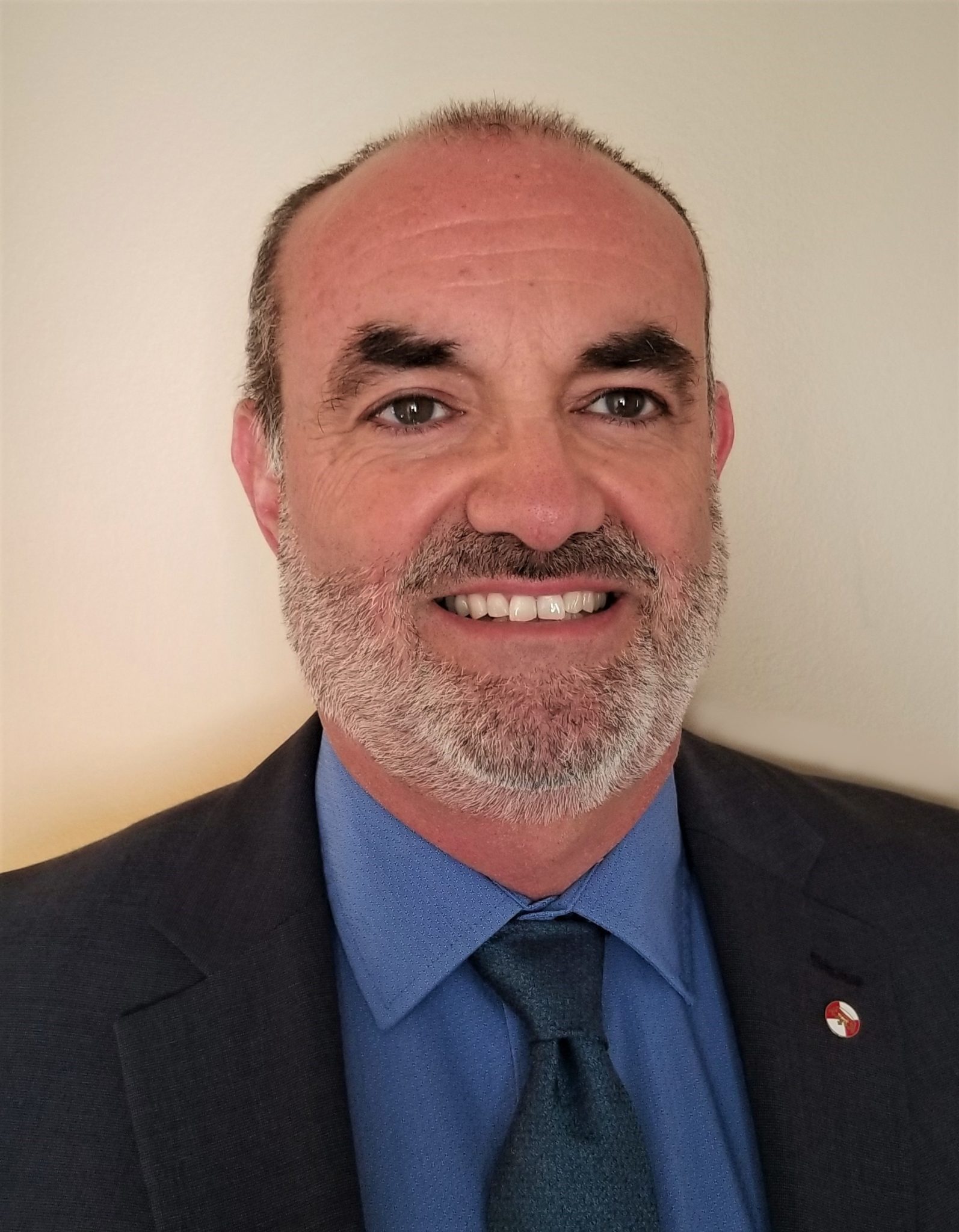
Claudio Cañizares
Dr. Claudio Cañizares is a University Professor, Hydro One Chair, and the WISE Executive Director at the University of Waterloo, where he has been since 1993. His highly-cited research focuses on modeling, simulation, computation, stability, control, and optimization of power and energy systems. He is the IEEE Trans. Smart Gird EIC; Director of the IEEE and PES Boards; a Fellow of the IEEE, the Royal Society of Canada, and the Canadian Academy of Engineering; and has received the 2017 IEEE PES Outstanding Educator Award, the 2016 IEEE Canada Electric Power Medal, and multiple awards and recognitions from PES technical committees.
Experiences of Humanitarian Technology Projects in Ecuador
This keynote talks about the projects that have been carried out in IEEE Ecuador, the experience of building them, and the impact they have had on the communities
About the Speaker:
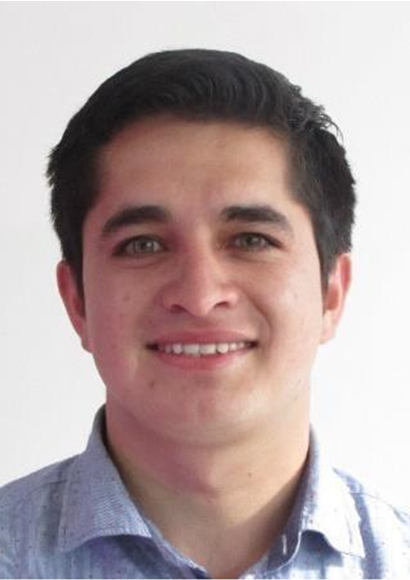
Ronny Cabrera
Master in Business Administration and Master in Project Management from the International University of La Rioja, Electronics and Telecommunications Engineer from the Private Technical University of Loja. He currently works as a Process Analyst and Guest Professor at the Universidad Técnica Particular de Loja.
He has been a member and volunteer of the Institute of Electrical and Electronic Engineers-IEEE since 2009. He currently serves as Co-Secretary of IEEE Region 9, and Coordinator of Educational Activities of IEEE Ecuador Section.
He has successfully participated and directed at least 10 social impact technology projects in the last 7 years.
Localization for Ad-Hoc and Sensor Networks
Ad hoc networks are multi-hop networks consisting of wireless autonomous hosts, where each host may serve as a router to assists traffic from other nodes.
About the Speaker:
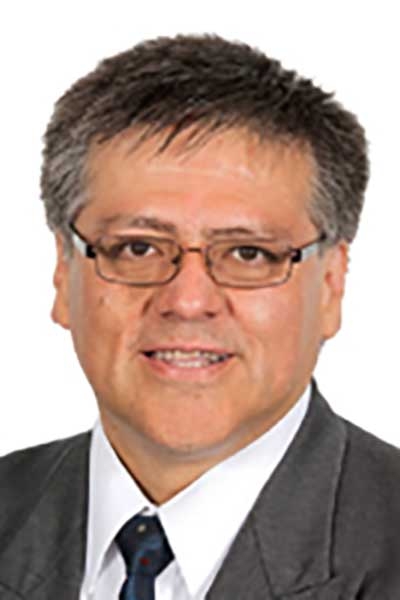
César Vargas
Cesar Vargas-Rosales is currently a professor at Tecnologico de Monterrey, in Monterrey Mexico, and the Leader of the Strategic Research Group on Telecommunications. He received the Ph.D. and M.Sc. degrees in Electrical Engineering with a major in Communications and Signal Processing, from the Department of Electrical and Computer Engineering at Louisiana State University, Baton Rouge, LA.
Dr. Vargas-Rosales is a member of the Mexican National Researchers System (SNI level II), the Academy of Engineering of Mexico (AIM) and the Mexican Academy of Sciences (AMC). He has been the IEEE Communications Society Monterrey Chapter Chair and the Faculty Advisor of the IEEE-HKN Lambda-Rho Chapter. He has also been the Technical Program Chair of the IEEE WCNC. He serves on several editorial boards and program committees of prestigious IEEE journals and conferences.
